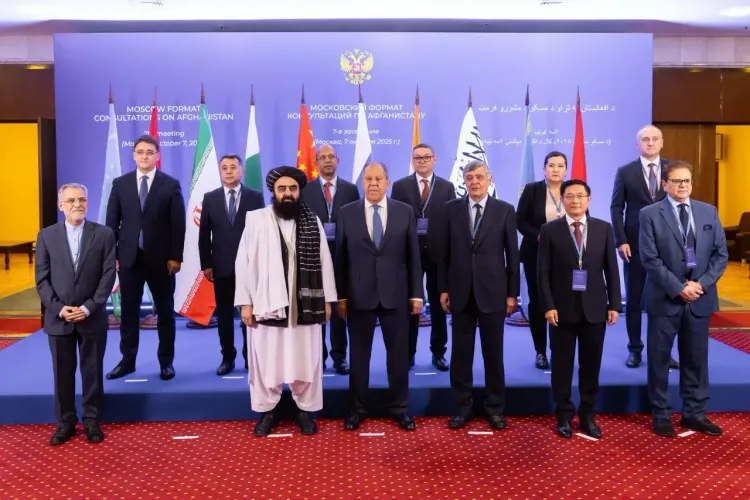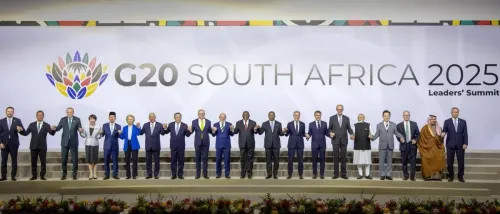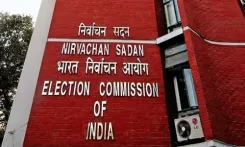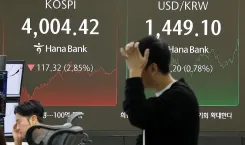Is India Advocating for a Secure and Stable Afghanistan at the Moscow Meeting?

Synopsis
Key Takeaways
- India's Position: Advocating for a secure, peaceful, and stable Afghanistan.
- Regional Cooperation: Emphasis on enhancing trade and economic relations.
- Opposition to Foreign Military Presence: Strong disapproval of foreign military bases in Afghanistan.
- Counter-Terrorism: Call for comprehensive measures to combat terrorism.
- Humanitarian Aid: Urging increased international support for Afghanistan.
Moscow, Oct 7 (NationPress) India has once again emphasized that a secure, peaceful, and stable Afghanistan is not just crucial for its own citizens but is also vital for regional resilience and global security.
This assertion was made during the 7th meeting of the Moscow Format Consultations on Afghanistan, convened in Moscow with the participation of special representatives and senior officials from Afghanistan, India, Iran, Kazakhstan, China, Kyrgyzstan, Pakistan, Russia, Tajikistan, Uzbekistan, and Belarus.
The Indian delegation, led by Ambassador to Russia Vinay Kumar, underscored India's unwavering support for an independent, peaceful, and stable Afghanistan.
As a civilizational and neighboring nation, India is committed to the socioeconomic development and prosperity of the Afghan populace. The Ambassador reiterated that a secure, peaceful, and stable Afghanistan is essential for the welfare of its people and a cornerstone of both regional and global security, according to a post by the Indian Embassy in Russia on X following the meeting.
Notably, for the first time, an Afghan delegation, led by Foreign Minister Amir Khan Mottaqi, participated as a member. The joint statement issued post-meeting reaffirmed the collective support for establishing Afghanistan as an independent, united, and peaceful state.
Furthermore, the attendees voiced their disapproval of any foreign military infrastructure being established in Afghanistan or its neighboring countries.
According to the Joint Statement, “The parties urged those nations primarily responsible for the current situation in Afghanistan to diligently meet their commitments concerning the economic recovery and future development of the country.” They deemed it unacceptable for countries to set up military bases in Afghanistan and its vicinity, as it undermines regional peace and stability.
The participants also highlighted the importance of enhancing economic and trade relations, fostering investment in Afghanistan, and collaborating with regional and international partners. They expressed their desire to develop regional economic projects involving Afghanistan and to promote steady advancements in sectors such as healthcare, poverty alleviation, agriculture, and disaster management to facilitate Afghanistan's path toward independent and sustainable development.
Moreover, there was a call to actively integrate Afghanistan into regional connectivity frameworks and a commitment to continue humanitarian assistance for the Afghan populace, while urging the international community to elevate emergency humanitarian aid levels.
The parties called for strengthening counter-terrorism cooperation at both bilateral and multilateral levels. The joint statement highlighted that Afghanistan must be supported in implementing comprehensive measures to eradicate terrorism swiftly, ensuring that Afghan territory is not exploited as a security threat to neighboring countries and beyond. The statement emphasized that terrorism poses a significant danger to Afghanistan’s security, the region, and the world at large.









